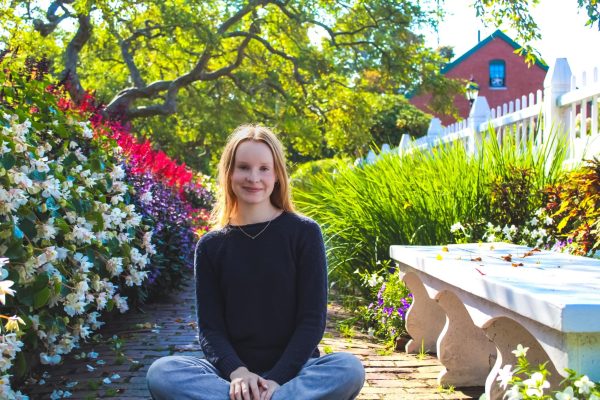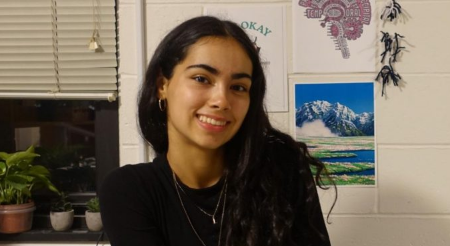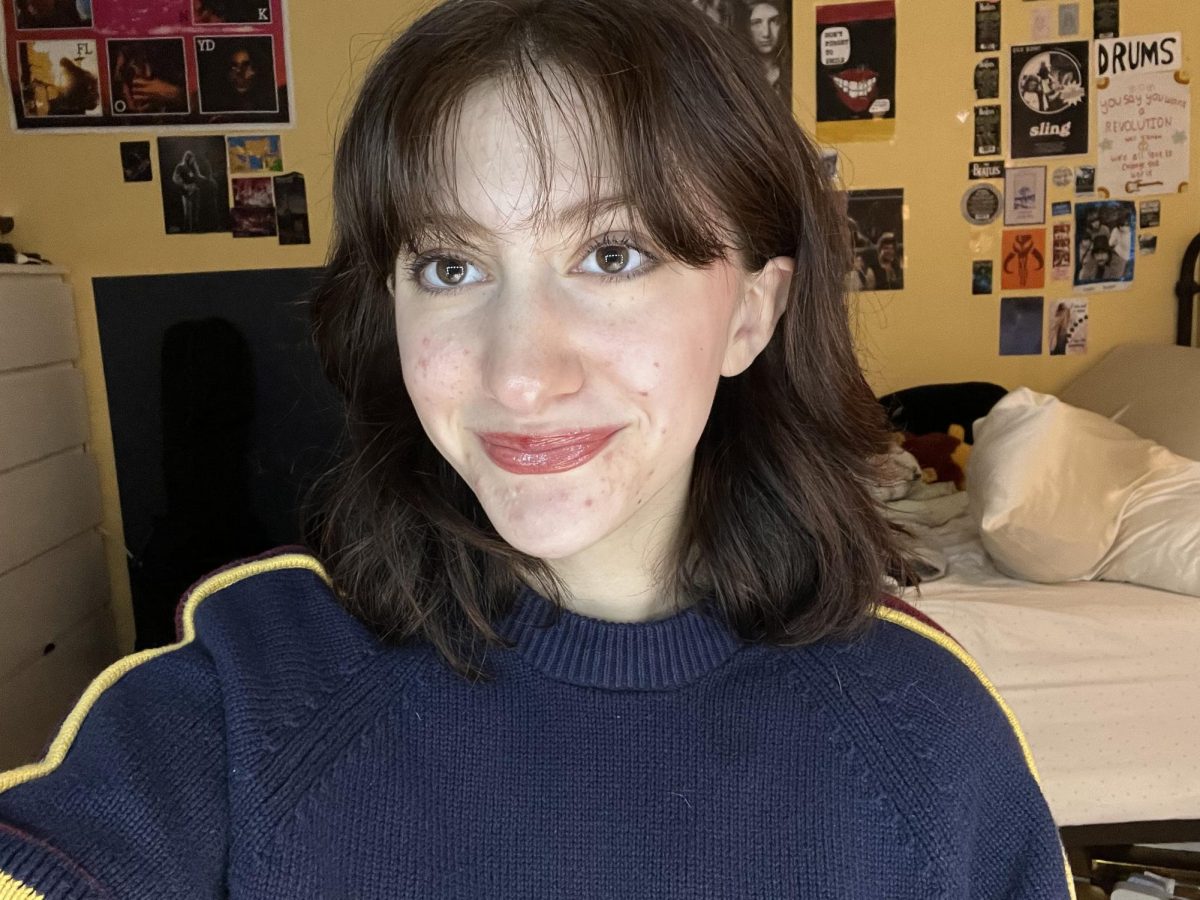AP Spotlight: Music Theory
December 9, 2022
Amidst the search for your next AP class, take a look down the music department hallway into the chorus room, where AP Music Theory is taught. If you love music and are looking for a challenge, you should consider taking this class. I spoke with Allyson Meacham, SHS choir director and AP Music Theory teacher. Her passion for her art and her students really comes through.
“If people want a challenge, and they love music, and they’re slightly geeky, or very geeky, this could be a good class for them,” says Meacham. Speaking as someone currently taking the class, this is right on the nose. The most tedious and yet fascinating part of this class is learning about all the moving parts that go into making music. It really makes you hear and appreciate your favorite songs differently, and it gives you the necessary knowledge for song making. Meacham’s class covers a wide range of music genres and time periods. It requires you to consistently practice and test yourself in order to learn concepts and having prior music knowledge can be a big help. And, it’s a great group of people. Meacham says, “The camaraderie in this group is really great…I do feel like the vibe in the class is very positive and fun.” and I agree.
Like all APs, It does require you to work hard. However, This doesn’t mean you should be totally discouraged if you’ve had little to no formal music education. Ms. Meacham is a great teacher, and she is a strong believer in getting to know her students and their abilities to correctly instruct them. She makes the class engaging and adaptable through hands-on activities, like taking trips to the piano lab, and she offers extra help. The prep work is also a big factor to your success. “Anybody, whether or not they’ve had music [education], definitely needs to do the summer work,” says Meacham.
Not only is music a highly enjoyable part of our lives, but studies show it improves your performance in academics. Save The Music Foundation’s recent case study in US schools showed correlations between quality music education and skills like grit, perseverance, and teamwork. When I asked Ms. Meacham about the prevalence of suffering music education in schools, she had a lot to say. “[music] is a highly emotional language…Humans respond to music in a very emotional and personal way, and I think that is worthy of exploration and discovery and education.” She later added, “Everyone I went to performing arts school with turned out to be – truly – a pretty incredible human being…It was impossible to be a bigot, prejudiced, selfish or full of hate and succeed at that school.” In the chorus room at South high, it is hard to disagree with that.




